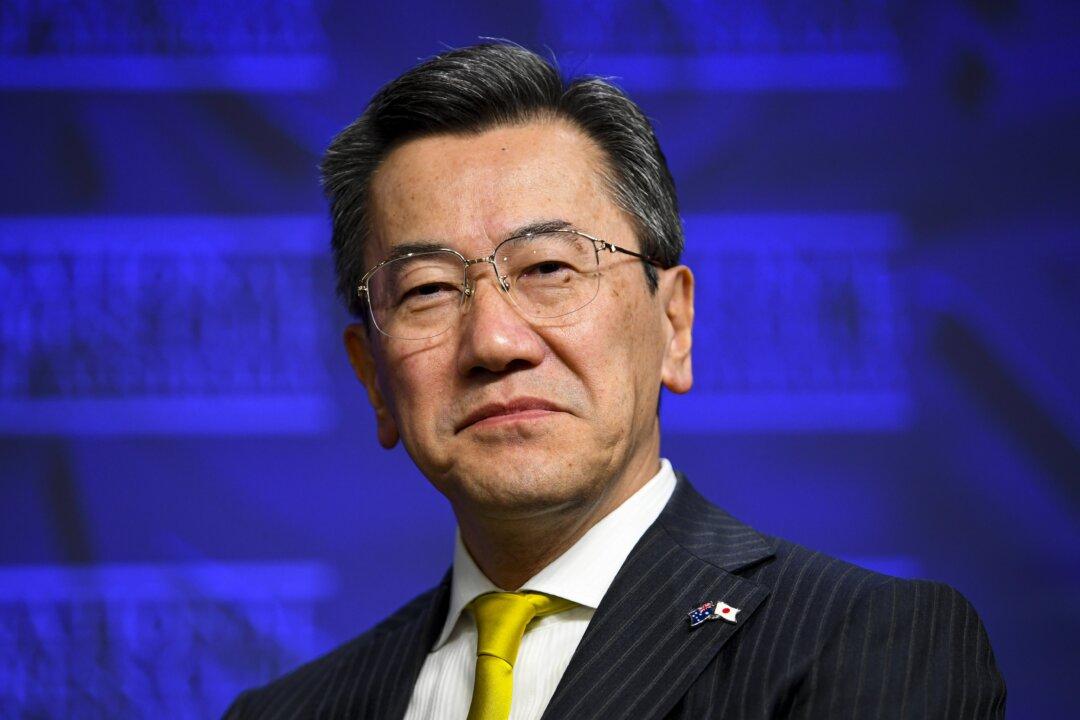Japanese Ambassador Shingo Yamagami has praised Australia’s response to Beijing’s economic coercion and rejected claims that Japan was handling its China relationship better than Australia’s.
Yamagami, in an address to the National Press Club in Canberra on July 21, spoke of how Japan-Australia ties had broadened over the past 15 years via trade, investment, as well as shared values and strategic interests.





